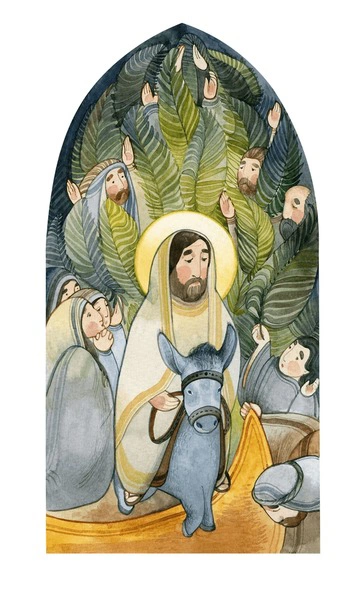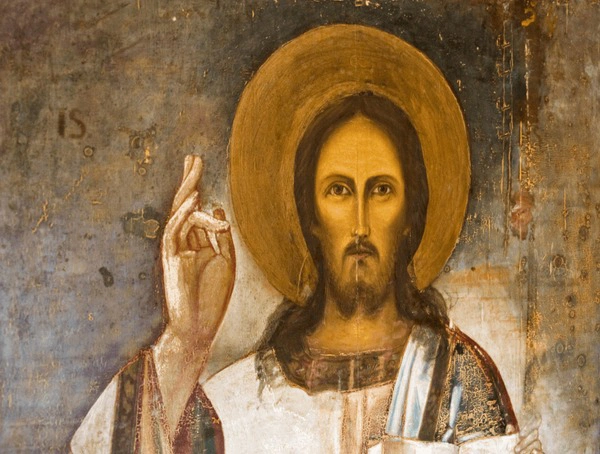
The Parable of the Sower: Lessons for Today
The Parable of the Sower in Matthew 13:3 uses the familiar imagery of a farmer sowing seeds to teach about the spreading of God's word and the varied responses it receives. This narrative encourages us to be both generous sowers of love and teachings, and fertile soil that nurtures spiritual growth, allowing us to overcome life's challenges and produce a harvest of grace.
Emily Carter
01/12/2024 - 6 months ago

Understanding the Parable
In Matthew Chapter 13:Verse 3, Jesus introduces His listeners to the Parable of the Sower with the simple phrase, "A farmer went out to sow his seed." This parable, like many others, uses everyday life to convey profound spiritual truths. The imagery of a farmer sowing seeds would have been easily recognizable to the people of Jesus' time, many of whom were familiar with agriculture. Through this common practice, Jesus begins to unfold a narrative rich with meaning and instruction.
The act of sowing seed represents the spreading of God's word. Just as a farmer scatters seeds to grow crops, Jesus is illustrating how the word of God is shared with the world. The simplicity of the farmer’s actions hides the complexity and potential growth that each seed holds, just as a single word from God can transform lives. This parable encourages us to reflect on how we receive and nurture these seeds in our own lives.
Understanding parables requires us to look beyond the surface story. Jesus used them not just to teach but to provoke thought and introspection. The Parable of the Sower is no exception; it invites listeners to consider their own hearts and receptivity to spiritual truthsspiritual truths. It challenges us to think about the kind of soil we are, and how open we are to receiving the seeds of wisdom and love that God sows.
The Role of the Sower
The sower in the parable represents anyone who shares the message of God. It could be Jesus Himself, a pastor, a friend, or even you. The sower's role is to spread the seed generously, without prejudice or favoritism. In the same way, we are called to share love, kindness, and the teachings of Jesus with everyone, regardless of how they may initially respond.
This act of sowing is an act of faith. The sower does not know which seeds will take root and grow. Yet, he sows because he trusts in the process and the potential of each seed. Similarly, when we share God's word, we may not see immediate results, but we trust that God is at work in ways we cannot see. Our role is to be faithful in the sharing, leaving the growth to God.
The sower’s commitment to spreading seeds is a model for how we should live out our faith. It is a call to action, reminding us that our words and actions can plant seeds of hope and transformation in the lives of others. This aspect of the parable encourages us to be persistent and hopeful, knowing that our efforts are part of a larger divine plan.
The Different Soils
In the parable, Jesus describes four types of soil: the path, rocky places, thorns, and good soil. Each type of soil represents a different response to God's word. The path, where birds quickly eat the seeds, symbolizes those who hear the message but do not understand it, allowing it to be taken away before it can grow.
Rocky places represent those who initially receive the word with joy but do not develop a strong foundation. When challenges or persecution arise, they quickly fall away. This highlights the importance of nurturing our faith and building a deep-rooted connection with God, so we can withstand life's trials.
The thorns symbolize the worries of life and the deceitfulness of wealth, which can choke the word, making it unfruitful. Finally, the good soil represents those who hear the word, understand it, and produce a bountiful harvest. This portion of the parable encourages us to examine what might be hindering our spiritual growth and to cultivate a heart that is receptive and fruitful.
Applying the Parable Today
The Parable of the Sower is not just a story for ancient times; it holds valuable lessons for us today. In our fast-paced world, it is easy to become like the path, where the word is quickly forgotten amidst life's distractions. We need to intentionally create space for reflection and understanding, allowing the seeds of faith to take root in our hearts.
Being aware of the rocks and thorns in our lives is crucial. Whether it’s the pressure to conform, the temptation to prioritize wealth over spiritual health, or the anxiety of daily life, these obstacles can hinder our growth. By identifying these challenges, we can work towards removing them and focus on nurturing our relationship with God.
Ultimately, the parable calls us to be both sowers and soil. We are invited to share God’s love and teachings, while also cultivating our own spiritual soil to be rich and fertile. In doing so, we become partners in God’s work, helping to bring forth a harvest of grace and love in our communities and beyond.




















